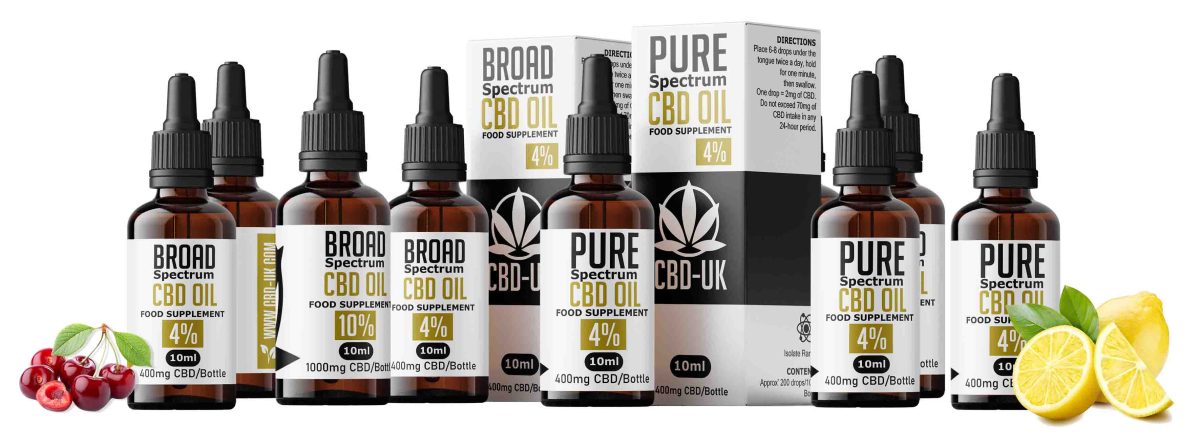CBD UK Laws: What You Should Know Before Buying

The popularity of CBD (cannabidiol) has surged in recent years, with many individuals in the UK turning to this non-psychoactive compound derived from the cannabis plant for its potential health benefits. However, navigating the legal landscape surrounding CBD products can be confusing. Understanding the laws governing CBD in the UK is crucial for consumers looking to purchase these products safely and legally. This article will delve into the legal framework for CBD UK, outlining key regulations, what consumers should be aware of, and the implications for the market.
What is CBD?
CBD is one of over 100 cannabinoids found in the cannabis plant. Unlike THC (tetrahydrocannabinol), the compound known for its psychoactive effects, CBD does not induce a “high.” Instead, it is often praised for its potential therapeutic effects, including relief from anxiety, pain, and inflammation. The increasing interest in CBD has led to a booming market, with various products available, including oils, capsules, edibles, and topicals.
The Legal Status of CBD in the UK
In the UK, the legality of CBD products is defined by specific regulations and guidelines. Understanding these laws is vital for consumers to ensure they are purchasing compliant products.
Cannabis Regulations
CBD is derived from cannabis plants, and the legal framework for cannabis in the UK is primarily governed by the Misuse of Drugs Act 1971. Under this act, cannabis is classified as a Schedule 1 drug, which means it is considered to have no medicinal value and is illegal to possess, distribute, or cultivate. However, the law does allow for the use of cannabis-derived products, provided they meet specific criteria.
Hemp-Sourced CBD
To be legal, CBD products in the UK must be derived from industrial hemp that is approved by the European Union (EU) or the United Kingdom. The hemp plants must contain no more than 0.2% THC. This low level of THC is crucial as it ensures that products do not have psychoactive effects. Moreover, the hemp used must be cultivated in accordance with the strict regulations set forth by the Home Office.
Novel Foods Regulation
In January 2019, the Food Standards Agency (FSA) classified CBD as a novel food, requiring that all CBD products must undergo a safety assessment before being marketed. As a result, all businesses selling CBD products in the UK must submit applications for their products to the FSA, demonstrating their safety and efficacy. Products that have not been approved may be removed from the market, affecting the availability of certain CBD items.
Key Regulations Affecting CBD Purchases
Understanding the specific regulations that affect CBD purchases in the UK is essential for consumers. Here are some of the key points to keep in mind:
THC Content
All CBD products sold in the UK must contain less than 0.2% THC. This limit is crucial for ensuring that the products are non-psychoactive and legally compliant. Consumers should always check product labels and lab reports to verify the THC content before making a purchase.
Quality Control and Lab Testing
Reputable CBD brands are committed to quality control and often provide third-party lab testing results. These tests verify the cannabinoid content of the products and ensure they are free from contaminants such as heavy metals, pesticides, and solvents. Consumers should look for brands that offer transparency regarding their sourcing and testing practices.
Health Claims
CBD products in the UK are not classified as medicines unless they have undergone rigorous testing and received a license from the Medicines and Healthcare products Regulatory Agency (MHRA). As a result, brands cannot legally make medical claims about their products unless they are registered as medicines. Consumers should be cautious of products that claim to cure specific conditions without proper licensing.
Age Restrictions
In the UK, there is no specific age restriction for purchasing CBD products; however, many retailers set their own policies, often requiring customers to be at least 18 years old. It is essential to check the age policy of individual stores or online retailers when purchasing CBD products.
What to Look for When Buying CBD Products
When navigating the CBD market in the UK, it’s crucial to make informed decisions. Here are some tips on what to look for when buying CBD products:
Third-Party Lab Results
Always seek products that come with third-party lab results. This information verifies the cannabinoid content and ensures the absence of harmful substances. Reputable brands will typically publish these results on their websites, allowing consumers to verify the quality of their products.
Clear Labeling and Transparency
Look for products that are clearly labeled, indicating the amount of CBD and THC per serving. Transparency about sourcing, extraction methods, and ingredient lists can also provide valuable insights into the product’s quality.
Full-Spectrum vs. Broad-Spectrum vs. Isolate
Understanding the differences between full-spectrum, broad-spectrum, and isolate CBD products can help you choose the right option for your needs:
- Full-Spectrum: Contains all cannabinoids, including trace amounts of THC, which may enhance the therapeutic effects through the entourage effect.
- Broad-Spectrum: Contains multiple cannabinoids but no THC, making it suitable for those who want to avoid THC while still benefiting from other cannabinoids.
- Isolate: Pure CBD without any other cannabinoids or compounds, ideal for individuals looking for a THC-free option.
Reputable Brands
Research brands and read customer reviews to find reputable companies. Brands with positive customer feedback and a strong reputation for quality are more likely to provide safe and effective products.
Common Misconceptions About CBD Laws in the UK
As with any emerging market, misconceptions surrounding CBD laws can create confusion among consumers. Here are some common misunderstandings:
All CBD Products are Illegal
One of the most significant misconceptions is that all CBD products are illegal in the UK. While it is true that cannabis plants are classified as Schedule 1 drugs, CBD derived from approved industrial hemp with less than 0.2% THC is legal to sell and consume.
CBD Will Get You High
Many people mistakenly believe that CBD products will produce psychoactive effects like THC. However, because CBD products sold in the UK must contain minimal THC, they do not produce the same “high.” Instead, users may experience potential therapeutic benefits without the psychoactive effects.
CBD is a Cure-All
While CBD has been praised for its potential health benefits, it is not a cure-all. Consumers should approach CBD with realistic expectations, understanding that individual responses to CBD can vary. It’s essential to consult with a healthcare professional for guidance on using CBD as part of a broader wellness strategy.
CBD Products are Fully Regulated
While the FSA has implemented regulations for CBD products, there are still some gaps in enforcement and oversight. Consumers should remain vigilant and conduct thorough research before purchasing products to ensure they are buying from reputable sources.
The Future of CBD Laws in the UK
As the CBD market continues to grow, changes to regulations and laws may arise. The FSA’s novel foods regulation aims to enhance safety and quality within the market, but ongoing research will likely influence future regulations. Additionally, as public interest in CBD increases, there may be calls for more comprehensive regulations that further clarify the legal landscape.
Potential for Expanded Regulations
As more research is conducted on the safety and efficacy of CBD, we may see expanded regulations to address emerging products and applications. This could include clearer guidelines for marketing, labeling, and health claims.
Greater Consumer Awareness
With the growing popularity of CBD, consumer awareness is expected to increase. As more individuals become educated about CBD laws and regulations, there will likely be a demand for higher quality and transparency in products.
Market Growth and Innovation
The CBD UK market is projected to continue expanding, with increased innovation in product development. As consumers seek new and diverse ways to consume CBD, brands will respond with creative offerings, such as new formulations, delivery methods, and product types.
Conclusion
Navigating the legal landscape of CBD in the UK can be challenging, but understanding the laws and regulations is essential for making informed purchasing decisions. By familiarizing yourself with the legal status of CBD, key regulations, and best practices for buying products, you can safely explore the potential benefits of CBD. Remember to prioritize quality, transparency, and reputable brands while staying informed about any changes in legislation. With the right knowledge, you can confidently incorporate CBD into your wellness routine.




